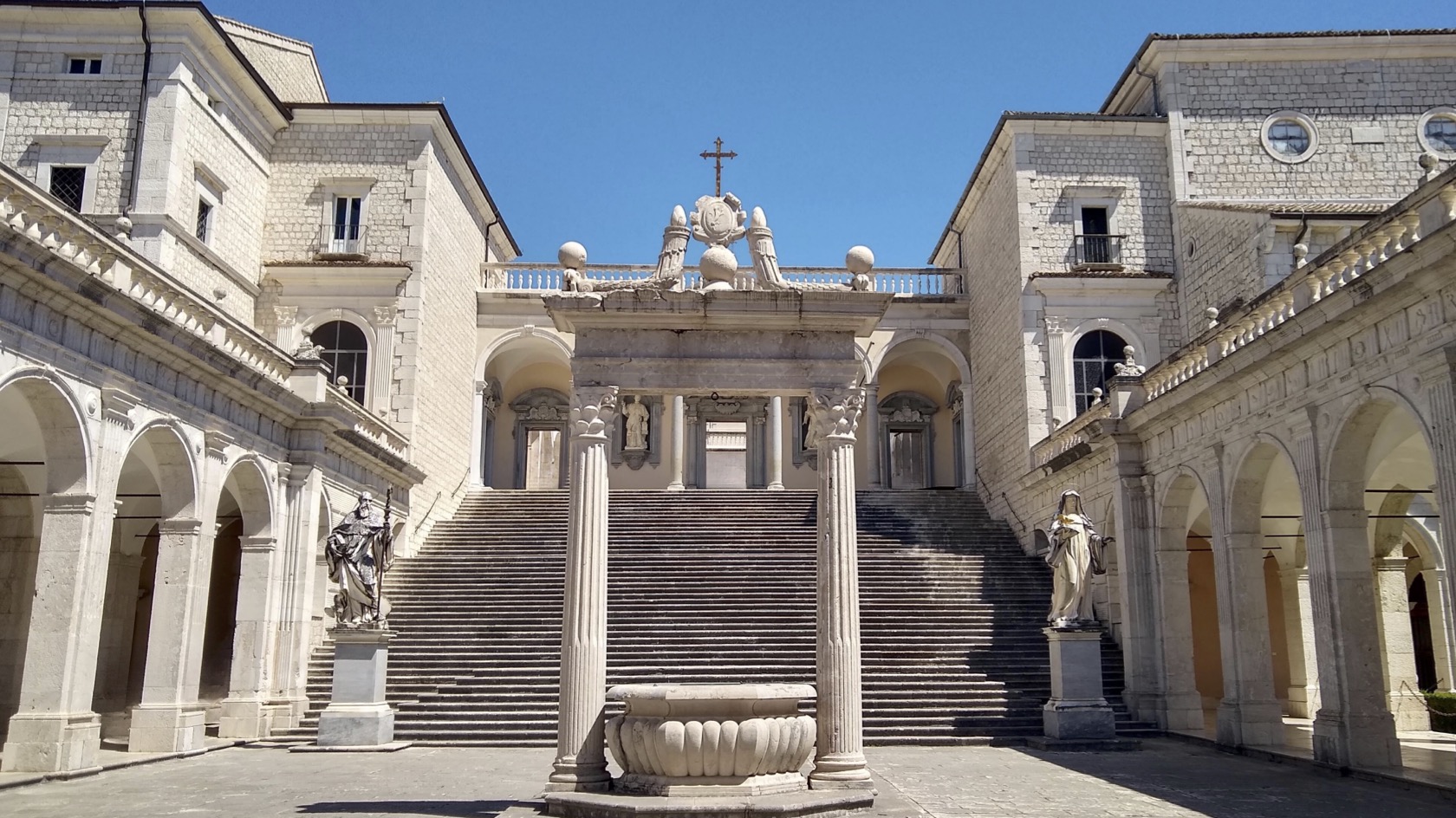
“By standing firm, you will save yourself.” – Evagrius of Ponticus
The hours pass slowly and painfully. The day as though it were 50 hours long. All the while a deep longing persists, crying out for something to make you feel alive. The thoughts arise, “I wish I was somewhere else, doing something else.” “My work is meaningless.” “There is no one to comfort me.” “Perhaps, if I do something else it would be easier, maybe even more profitable.” “Just give up.”
Acedia and the battle for life.
The monastics were no strangers to spiritual warfare. They wrote extensively of the spiritual battle that waged war in the mind. The desert fathers identified eight “vices,” “demons” or “thoughts” that were at the forefront of the battle waged against the man of God. One of those vices, acedia, was readily viewed as the most oppressive of all thoughts. It was regarded as the most grievous of all attacks on the spiritual life, attacking the monastic at his very core. St. John Climacus evaluates in his Ladder of Divine Ascent, “each of the other passions (vices) is destroyed by some particular virtue. But despondency (acedia) for the monk is general death.”
There is perhaps no vice of the eight that produces such an intense and incessant battle in the mind and soul as does the vice of acedia. Acedia takes on many names: slackness of soul, repulsion, boredom, listlessness, even despondency. At its core, acedia attempts to drain the soul of all meaning and desire to do anything. It produces feelings of emptiness and listlessness, essentially making one unable to concentrate on a single task by creating a weariness within that is difficult to locate.
The push to give up.
The thoughts of acedia are heavy, often aimed at stirring up doubt as to the authenticity of one’s calling or of one’s decision to follow a certain type of life whether it be a monk or a married man or woman. The questions arise: “what does it matter,” “what’s the point,” “does anyone care,” “is it even worth it;” these thoughts attempt to steal and kill our call to follow Jesus into the depths, until our soul cries out, “it’s all worthless.” Gabriel Bunge writes, “these thoughts infiltrate slowly, and with time they hollow out inner confidence, like water dripping on a stone.” There is no demon or vice that so systematically and intentionally aims at unraveling our calling as followers of Christ.
When acedia lingers, it can, and often does, lead to sadness. What often begins as a discontentment can, if we are not vigilant, end in a spiritual suicide. To be sure, acedia’s relentlessness can leave one dejected and even hopeless. But this was not how the the early fathers saw it. There is hope. There is victory. In fact, when acedia is fought, endured, and overcome, the struggle is followed by a peaceful state and the soul filled with ineffable joy.
Persevere in prayer
The remedy: prayer and perseverance. That’s it. Don’t give up praying. Don’t leave. Don’t flee. Remain where you’re at and keep on praying – even when it feels as though your prayers are fruitless. For the death of one’s prayer life is the death of one’s spiritual life altogether. Even when it feels like it has no purpose, don’t give up seeking God. Even when it feels as though he’s nowhere to be found, keep on seeking Him. Evagrius argues that prayer is the elimination of sorrow and dejection. He writes that prayer is the fruit of joy and thanksgiving and leads to a peace that surpasses all understanding. Acedia is the exact opposite of joy. Don’t miss this, when we overcome acedia we are overcome with joy. The fruit of the battle is joy.
When we faithfully endure the onslaught of acedia and lean ever more into prayerful presence we begin to be filled with a deep wisdom and we begin to see God (and ourselves) with greater clarity. This leads to ineffable joy. When this takes place, our prayer becomes a state of perfect rest and provides a clarity of mind that allows us to see rightly.
Don’t give up. Joy comes in the mourning.
“I believe that I will see the good things of the Lord in the land of the living.” – Psalm 26:13
